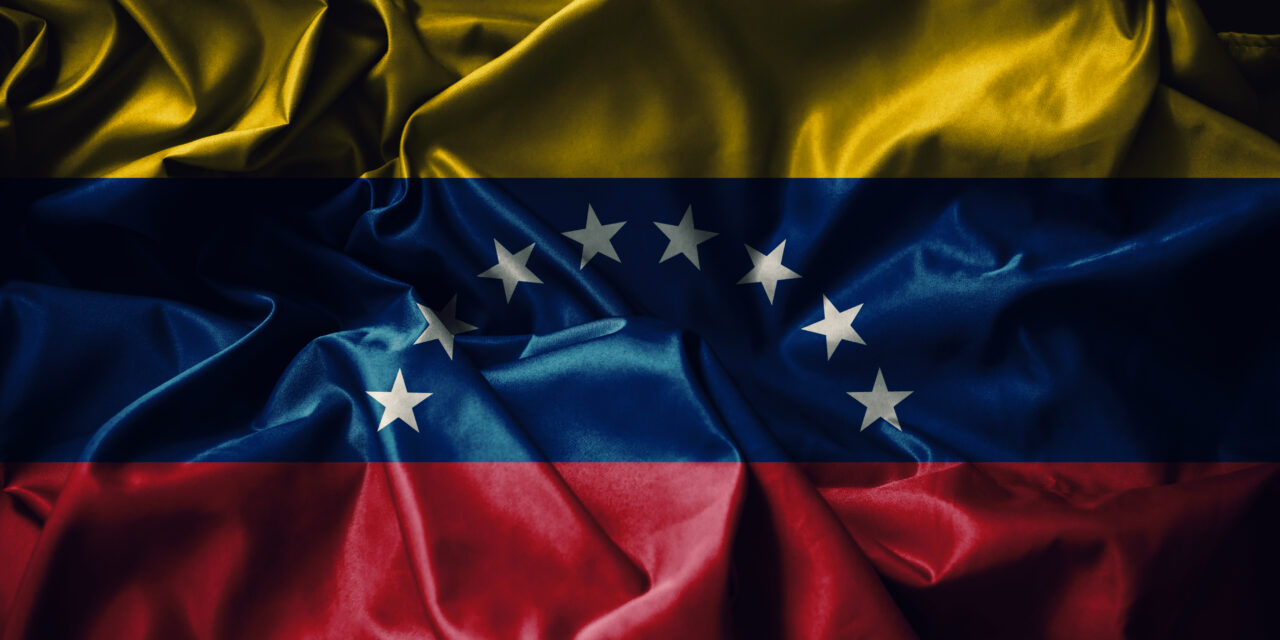As part of our efforts to amplify the AILA Law Journal, authors Emercio José Aponte and Andrea Paola Aponte share more about their article in the newly released Fall 2023 edition of the AILA Law Journal entitled “The Bolivarian Concept of the Internal Enemy: What Does This Mean for Venezuelan Asylum Seekers?” in which they discuss how the current authoritarian regime in Venezuela has been violating citizens’ human rights and what that means for claims of asylum. AILA members, read Editor Cyrus Mehta’s preview of the entire issue here and then access your free digital copy of the Law Journal to read more!
The inspiration for ‘The Bolivarian Concept of the Internal Enemy: What Does This Mean for Venezuelan Asylum Seekers?’ arose from the increasing severity of the human rights violations made by Nicolas Maduro’s authoritarian regime toward its opponents through the use of the label ‘internal enemy’ and how this reality may help to support the Venezuelan Asylum cases. Given not only that our office handles a plethora of Venezuelan asylum cases, but also that all of our workers are from Venezuela, we felt the desire to research and expand on this issue with the purpose to help others really understand the situation in Venezuela and in that way to also help improve the situation for Venezuelan Asylum Seekers.
In this regard, It is important to have in mind that the immigration judge or the asylum officer cannot require the applicant to provide evidence that there is a reasonable possibility they would be singled out individually for persecution if a pattern or practice of persecution of a group of persons similarly situated to the applicant on account of one or more of the five protected grounds and the applicant establishes their own inclusion in, and identification with, such group of persons exists in their home country. (8 C.F.R. §§ 208.13(b)(2)(iii), 1208.13(b)(2)(iii))
The existence of this ‘internal enemy,’ which is well-documented by different International Bodies and is reinforced by the investigation about Crimes Against Humanity that exists before the International Criminal Court, demonstrate the existence of a systemic and generalized persecution by part of the Maduro authoritarian regime against all those who oppose it in any way. We wrote this article in hopes that it works to consolidate the protection of Venezuelans who have expressed an opinion against the government based on a systemic and generalized persecution against those labeled as the ‘internal enemy.’
Further and because the existence of the Internal Enemy in Venezuela implies the impossibility of publicly expressing opposition to the regime without the risk of being persecuted, we hoped to stress the gravity of the situation by using the doctrine for religious persecution and applying it to the case of political persecution. In cases of religious persecution, the courts have sustained that forcing someone to renounce or conceal their religious beliefs is persecution. Taking these into account, we affirmed that persecution on the grounds of political opinion should be held to the same standard of severity as that of religious persecution because, applying the same logic as its doctrine, forcing a person to abstain from hiding and freely expressing political opinions should count as persecution.
Our hope is that this article will be used by immigration attorneys working with Venezuelan Asylum cases to prove that Venezuelans Asylum Seekers who have expressed an opinion against the government form part of a group which is being systematically and generally persecuted by the regime and therefore have a well-founded fear of future persecution based on the existence of a pattern or practice of persecution of a group of persons similarly situated to the applicant on account of one or more of the five protected grounds and the applicant establishes their own inclusion in, and identification with, such group.
Likewise, we also hope that in those cases where the Venezuelan Asylum Applicant was forced to conceal their political opinion to avoid being persecuted, the doctrine for religious persecution would be used to argue the existence of a past persecution as a form of psychological persecution.







